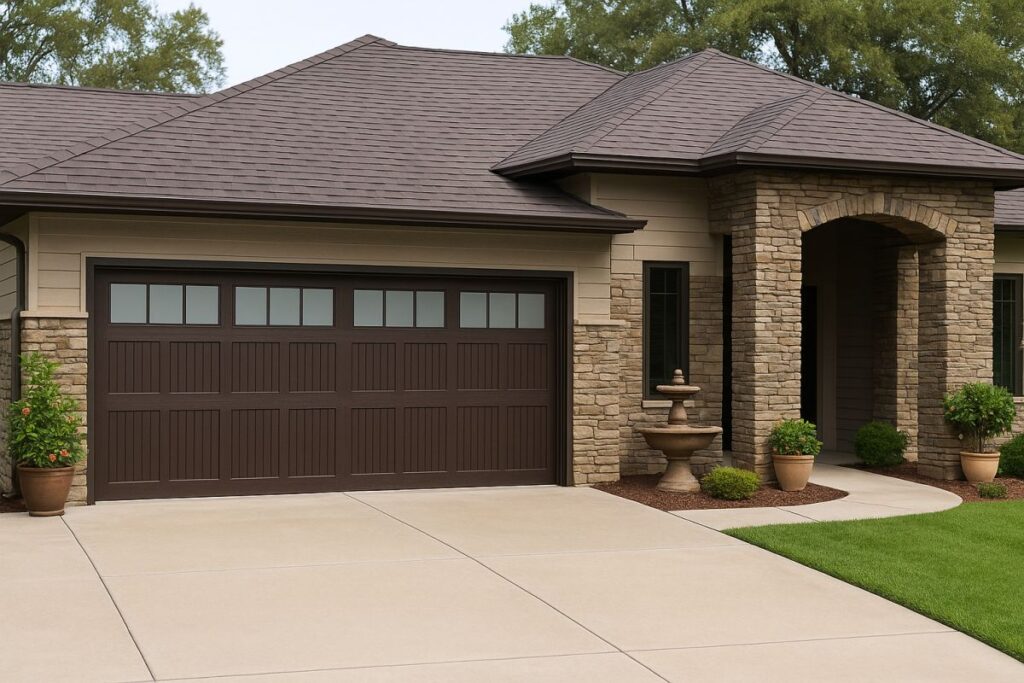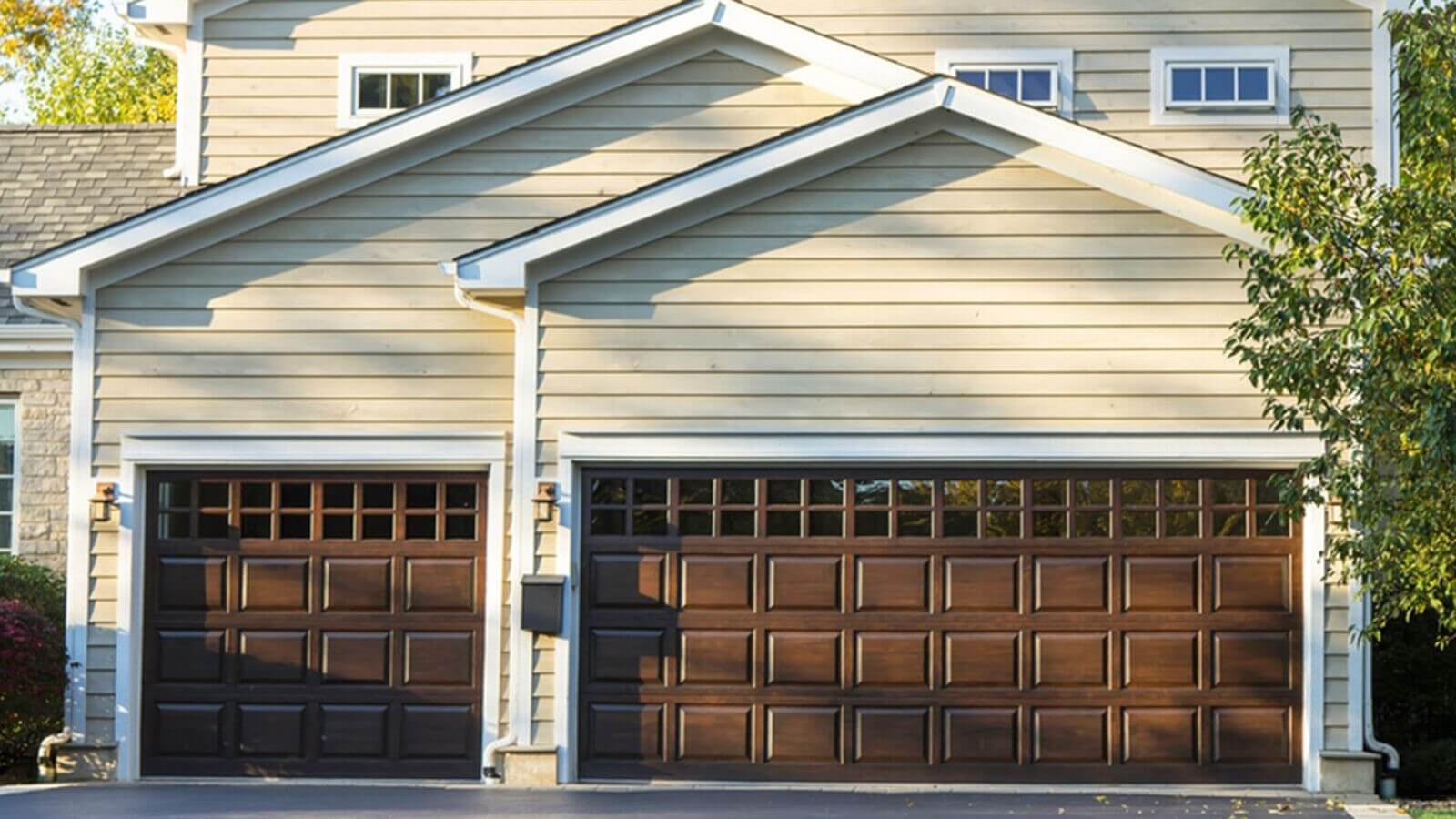Is Your Garage Door Malfunctioning? Here's When It's Considered an Emergency
Introduction
Garage doors are often the unsung heroes of our homes. They provide safety, convenience, and a seamless way to access our vehicles and belongings. However, when they malfunction, it can lead to frustration and even danger. Knowing when a 24/7 garage door repair garage door issue qualifies as an emergency is crucial for homeowners. In this article, we will explore various aspects of garage door malfunctions and help you identify when it's time to call for emergency garage door repair in Los Angeles.
Is Your Garage Door Malfunctioning? Here's When It's Considered an Emergency
When your garage door stops working properly, it can disrupt your daily routine and create a security risk. Here are some signs that indicate your garage door may be malfunctioning:
1. The Door Won't Open or Close
One of the most obvious signs of a malfunctioning garage door is when it refuses to open or close. This issue can stem from several factors:
- Broken Springs: The springs bear the weight of the door; if they break, the door may not operate at all.
- Electrical Issues: If your opener isn't receiving power or there's a blown fuse, the motor won't function.
- Obstructions: Something blocking the sensors could prevent the door’s movement.
If your garage door won't open or close at all, consider this an emergency situation—it could leave your vehicle exposed or trap you inside.
2. Unusual Noises During Operation
Garage doors typically make some noise during operation, but if you start hearing grinding, scraping, or popping sounds, something's wrong:
- Worn Rollers: These can cause odd noises and might need replacing.
- Loose Hardware: Bolts or screws may have come loose over time.
If these noises are accompanied by erratic movement or failure to open/close correctly, it’s best to call for help.

3. The Door Opens Unexpectedly
Imagine pulling away from home only to find your garage door suddenly opening on its own! This scenario poses both security risks and potential damage:
- Malfunctioning Sensors: Sensors that don't work properly could cause this issue.
- Faulty Remote Control: A remote with stuck buttons might be sending signals inadvertently.
If your garage door opens without command regularly, don’t delay in seeking emergency repairs.
4. The Door Falls Suddenly
This is one of the most dangerous scenarios you could face with a malfunctioning garage door:
- If a broken spring causes the door to fall unexpectedly while someone is underneath it, serious injuries could occur.
Immediate repair is necessary if you notice any signs that suggest this risk—like frayed cables or springs showing wear.
5. Damage to the Door Itself
Physical damage like dents or warped panels affects how well your garage door functions:
- A bent track can hinder smooth operation.
Assess any visible damage promptly; this is especially important if it's causing operational issues or compromising security.
6. Garage Door Is Off Its Tracks
A misaligned garage door may come off its tracks due to various reasons such as heavy use or damaged rollers:
- Getting it back on track might require professional help—trying this alone can lead to more problems.
Call for emergency service if you see clear misalignment with no way to fix it yourself safely.

Understanding Common Garage Door Problems
Below are some common issues faced by homeowners regarding their garage doors:
7. Broken Springs
Springs play a vital role in lifting and lowering your garage door smoothly. If they snap, you'll experience major operational issues.

Symptoms:
- The door feels extremely heavy when trying to open manually.
- Loud bangs when trying to operate the opener.
Solutions:
Emergency services should replace broken springs immediately for safe functionality.
8. Misaligned Tracks
Tracks guide the movement of your garage door; if they become misaligned due to impact or wear and tear, problems arise:
Symptoms:
- Grinding noises during operation.
- Visible gaps between track sections.
Solutions:
Professionals will realign tracks effectively without risking further issues down the line.
9. Faulty Sensors
Garage doors equipped with safety sensors prevent accidents by stopping operation when something blocks their path:
Symptoms:
- The door doesn’t respond when attempting activation.
Solutions:
Inspect sensors for dirt buildup; if cleaning doesn't work, replacement may be necessary through emergency repair services.
10. Dead Remote Control Batteries
Sometimes it's easy to overlook simple fixes! A dead battery in remote controls can prevent proper functioning:
Symptoms:
- No response from remote control upon pressing buttons.
Solutions:
Replace batteries first before assuming deeper mechanical issues exist—check your manual for specifics!
Why Prompt Repairs Matter
Ignoring minor issues today can lead to major complications tomorrow:
11. Safety Risks
A malfunctioning garage door poses significant safety hazards—not just for you but also for family members and pets who roam nearby areas!
Examples include:
- Falling doors leading directly onto someone standing below them (as mentioned earlier).
Ensuring prompt repairs minimizes threats effectively!
12. Security Concerns
Unsecured garages attract intruders—if doors remain wide open because they won't close properly after use!
Consider what valuables lie within reach whenever evaluating urgency surrounding repairs needed quickly!
DIY vs Professional Help: What Should You Choose?
While DIY fixes seem tempting initially; they’re not always advisable!
13. Common DIY Mistakes
Attempting complex repairs without knowledge leads often results in further complications instead helping resolve original problems quickly!
Here are some typical mistakes made during DIY attempts:
That said—certain simple fixes like replacing batteries should be manageable given adequate guidance found online!
FAQ Section
14. What should I do first if my garage door won’t open?
Check if there’s power going to the opener; inspect remote control batteries too!
15. How do I know when my springs need replacement?
If there’s excessive tension on them causing visible wear signs like fraying—they likely must go ASAP!
16. Can I fix my own sensor problems?
You might clean debris off them easily enough! But replacing faulty parts often requires professional intervention so don’t hesitate calling experts after troubleshooting thoroughly first!
17. What happens if I ignore minor issues?
They tend escalate into larger problems requiring costly repairs later down road—not worth ignoring early warning signals received here folks!
18. Is preventive maintenance helpful?
Absolutely! Regular inspections ensure small problems identified fixed proactively reducing chances emergencies arising unexpectedly later on down line completely avoiding chaos altogether hopefully too!
Conclusion
Recognizing when a malfunctioning garage door becomes an emergency involves understanding specific signs indicating need urgent attention right away! Whether you're dealing with unexpected openings/failures occurring regularly—or noticing unusual noises throughout operations—don't delay seeking expert assistance through trusted local services offering reliable emergency repairs like those found across Los Angeles!
Taking proactive measures ensures safety/security maintained consistently dwelling around ensuring peace mind knowing everything functioning smoothly under one roof continually too always moving forward seamlessly each day!